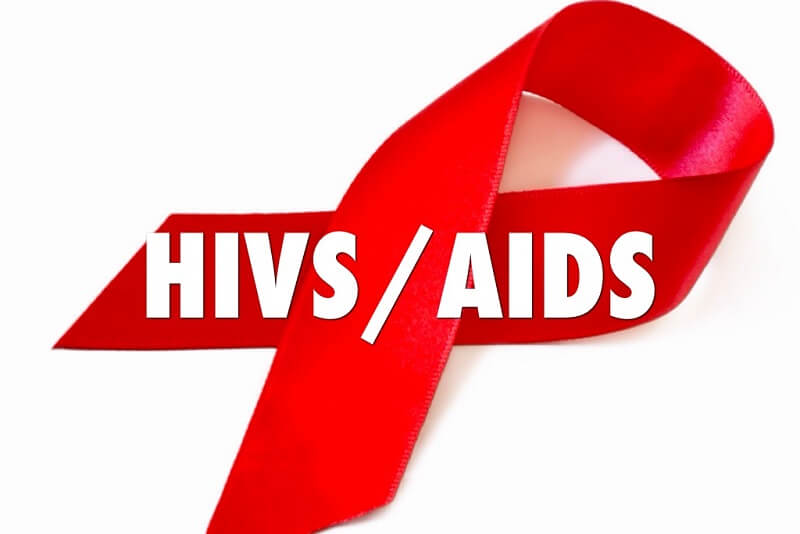The Director General, National Institute for Medical Research (NIMR), Prof. Babatunde Salako, has called on the federal government to increase funding for HIV AIDS intervention.
Salako, who made the call while addressing news men in his office, stated that the success recorded from the National HIV/AIDS Indicator and Impact Survey (NAIIS) may cause donors to turn their priority to other areas.
Advertisement
“HIV is one disease that we must tackle and it has to be in a holistic way, because if we want to produce Nigerians with good health and well-being, as well as good workforce that can translate into economic prosperity, we should not rest in addressing the health burden.
“We cannot afford to leave it for development partners alone. The important focal areas have to be in the area of service, that is, detection, prevention, treatment, research in that order,” he said
On HIV treatment, he said although the survey revealed Nigeria had fewer people living with HIV than previously estimated with a new national HIV prevalence estimated at 1.4 percent, it will be necessary to put in place effective processes to ensure that it takes over the funding of HIV interventions completely from donors.
“We now have national prevalence of 1.4 percent which is 50 percent less than what it used to be and that cuts across for most regions of the country. My fear is that we have got to where we are today because we have a lot of helpers and if they decide to carry their bag and baggage and leave Nigeria, we are unlikely to be able to maintain that system.
Advertisement
“The major fear that I have is that if the donors leave today we will not be able to sustain this achievement. The government has to begin to put in the front burner the process of ensuring that they take over the funding of HIV completely from donors.
“I think these days, we must begin to look at the role of social scientists and anthropologists who have the art of being able to make changes in the community, being able to talk to the community and also having the capability of convincing them on the positive ways and thinking that communities should be able to prevent people from stopping their ARV agents.
“We need more of these people in the community motivating patients with HIV generally and talking to them about the danger that exists ahead if they stop taking the drugs,” he added.



